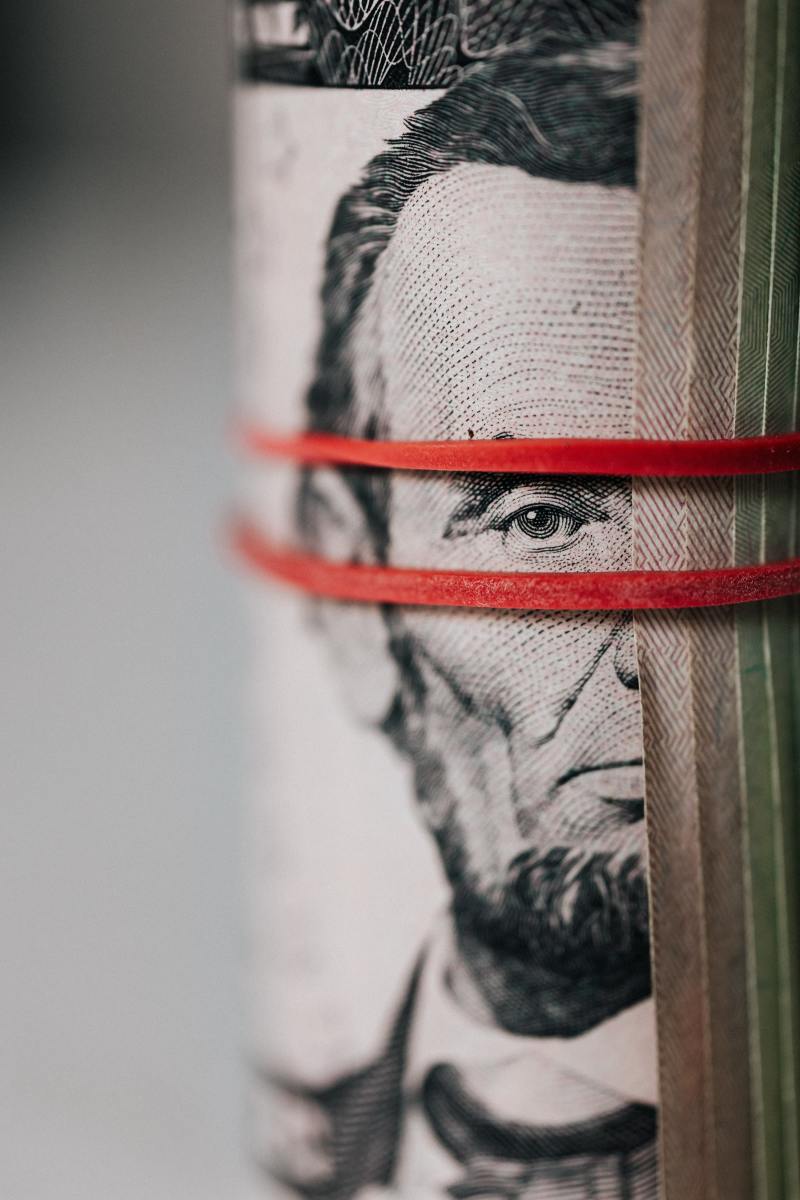Prepping Without Feeling Crazy
Overview
There are many ways to believe in an end of the world: Peak Oil, societal collapse, Great Depression II, Civil War 3, climate change. But what action can we take that has real world impact and benefit, regardless of the actual future – and doesn’t add to the insanity?
For those who have a religious or political belief that mandates preparing for a great societal collapse or end of the world, the vision of the better world after collapse is more important than preparing to survive the chaos. Yet action requires a plan, effort and risk of failure. But what can you do? And more importantly, what can you do that you will not regret doing if the end of the world doesn't come?

Debt Free for Sanity
The borrower is slave to the lender, to paraphrase passages from several holy books and many different financial programs. Don’t just chant mantras about being enslaved to debt - take concrete action to get free. Use financial management programs like Crown Financial, Suze Orman’s action plans or Financial Peace University to get out of debt.
Any progress to getting debt free improves your financial life while moving closer to your religious values. If you lose your job, you will not be burdened by unmanageable debt payments. If you are still employed, you’ll have more money left over to give in dire times when few others can.
Stock Up
This is advice repeated throughout the Bible as well as the mantra of any survivor of a long term disaster. Store a minimum of several weeks’ worth of food. If this raises eyebrows, don’t describe the end of the world. Discuss disaster planning advice from the federal government to be able to support your own family for several weeks after a disaster. In the context of preparing for what we should all know will happen from time to time, the act of stocking up seems rational rather than crazy.
How Will You Give?
Plan for charity as faith and common decency demands. Find reputable, local charities to support in your area. Tithe to your church. In dire financial times, charity is often the first budget item cut, leaving churches in even more desperate straights for every dollar.
Make the default answer to requests for money and assistance "no", and don't feel guilty about it. Stick with the few charities that you know do a good job helping people and only give to them.
Give to charities you can hold accountable, such as challenging the use of donations for facility upgrades instead of helping those in need.
If all else fails, give food rotated from your food stores to the food bank or cleaning supplies to a charity with which you have personal connections. These items cannot be misused. Furthermore, by providing charity to with which you are personally known, you will not be hated for having stocks while others are starving. While it is depressing to approach a food bank to which you gave food regularly to seek assistance after a personal disaster strikes, you are more likely to receive support because they know you supported them in the past than if you went somewhere where you are simply one more supplicant.
Giving without Gifts to Give
Study how you can give of your time and talent instead of dollars before money is tight. If money is tight, can you volunteer as a driver for the elderly who cannot otherwise get to church? Can you donate time to your political cause without risk to yourself while helping them? Can you watch children during financial literacy and English Second Language courses, allowing this critical outreach and education to occur? Know how you can give when you do not have money to offer.
Independent Living Anywhere
Become more independent. Reduce the number of things you just can’t live without. Then it becomes easier to live without them. For example, if you’re addicted to a brand of coffee, develop a wider palette of brands, including generics. When the brand name price goes up, you can switch to only the generic instead of debating paying for the luxury brand while living off rice and beans with the remainder of your grocery budget.
Find ways to pamper yourself that don’t cost a fortune so that when money is tight or it isn’t safe to go out, you don’t risk the financial or literal safety of your household because you just “must” get a facial / pedicure / massage. Can’t get by without going to a bar to party? Find a cheaper and safer way to enjoy yourself. Can’t get stuck in a riot if you can make do and make friends close by. This is not to say you must give up every good thing in life. However, you must decide whether to be a slave to addictions, habits and impulses or make rational substitutions so you can live without these things when it is best to do so.








